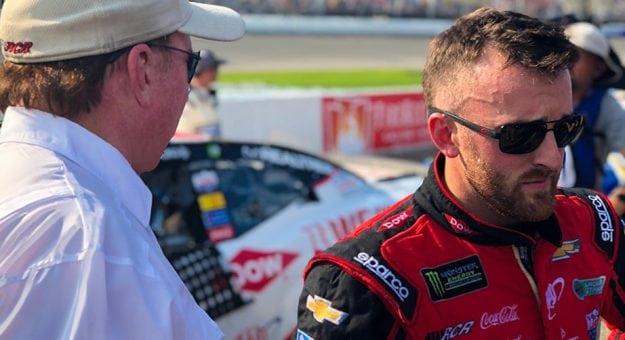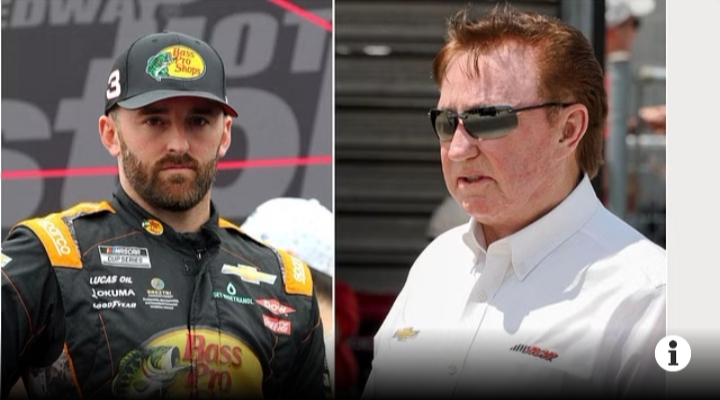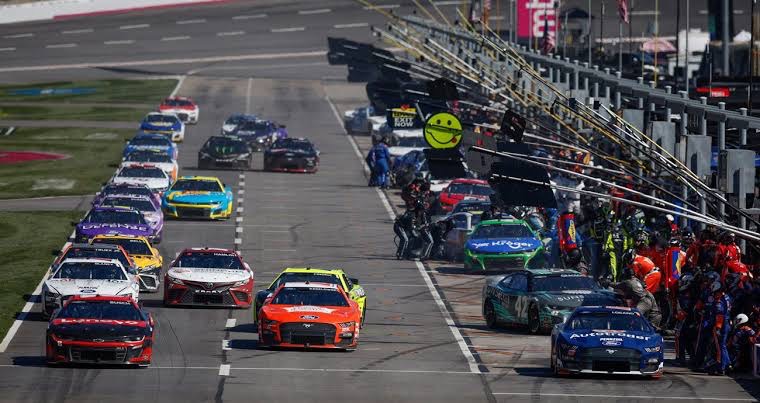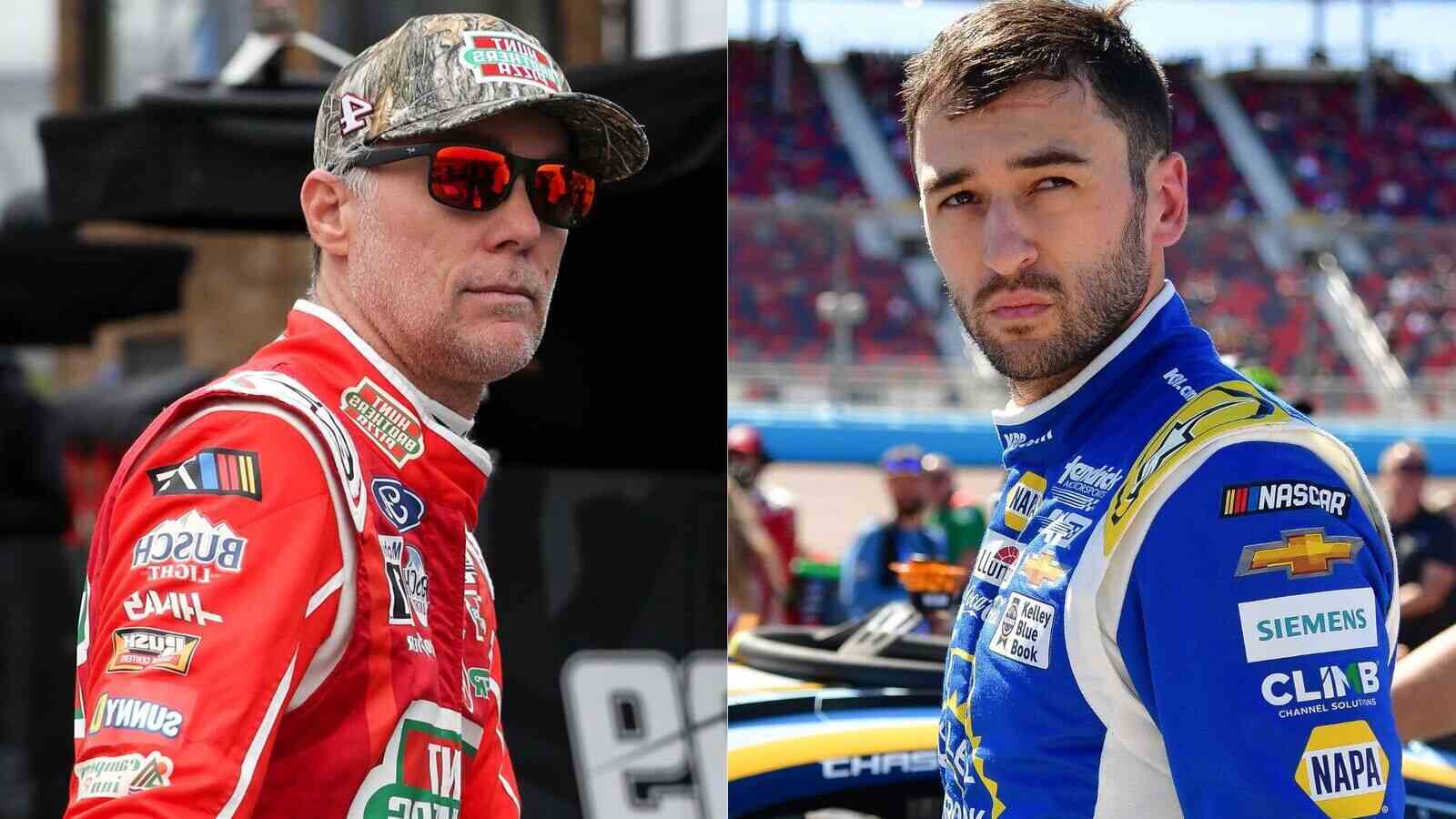At the Michigan International Speedway, RCR found a glimmer of hope after a challenging season. However, that hope quickly faded into dark clouds when Austin Dillon clinched victory at the FireKeepers Casino 400 but was ultimately barred from the playoffs due to the wrecks that marred the race. The most intense moments unfolded in the final turn of the last lap, where Dillon made the controversial choice to take out both Joey Logano and Denny Hamlin to secure his win.
NASCAR officials deliberated before handing down a penalty to Dillon, but in the end, the decision was made. RCR was eager for a playoff spot with this win, which would have marked their first driver in the postseason. Yet, the ruling dashed those hopes, a move many NASCAR analysts deemed justified. Safety on the track is paramount, and Dillon’s actions put that at risk. This topic has sparked extensive debate on various podcasts and talk shows, but Kevin Harvick found the perfect person to address it: the president of NASCAR.
In the latest episode of Kevin Harvick’s Happy Hour, Steve Phelps joined as a guest, and they delved into the dramatic events of the past week, including Dillon’s performance. Seizing the moment, Harvick inquired about the penalty given to Dillon, asking Phelps, “Clearly, you all made a decision regarding the end of that race, and we witnessed the penalties unfold. What was the internal decision-making process like, and how challenging was it?”
Steve Phelps was straightforward in his remarks, stating, “We don’t want to penalize drivers. We don’t want to have cars that do not pass tech.” He elaborated on the necessity of enforcing penalties, emphasizing, “There is a responsibility if you are going to be fair about the rules you put in place and then officiate.” The conversation then shifted to defining acceptable driving behavior and the circumstances that lead to fines. Phelps noted, “If you hook someone going 170 miles per hour on a mile-and-a-half track, you have crossed the line.”
“The data doesn’t lie,” the president pointed out, adding that at Michigan, “there was a line that was crossed, in our [NASCAR’s] opinion.” When it came time for officials to make a ruling, Phelps was involved in the process after reviewing the data, asserting that the team felt their decision was justified. Even as NASCAR’s president, he stated, “If we don’t believe that they’ve got it significantly wrong, we will not overturn their decision.” Ultimately, he affirmed that the final call rested with the officials, and he would not intervene to change their judgment.
Even though the announcement came days after the race had ended, Harvick was eager to understand if penalties could be assessed immediately as the race concluded.
NASCAR aims to expedite tough decisions following the incident involving Austin Dillon.
After listening to Phelps explain why NASCAR wouldn’t reverse its decision to exclude Dillon from the playoffs, Kevin Harvick inquired whether penalties could be handed out right after the race. Phelps responded, noting that NASCAR had convened an all-driver meeting where this topic was thoroughly examined. He mentioned that this is “something we can do in the future,” offering fans and teams a glimmer of hope for swifter resolutions regarding unexpected crashes in the final moments of a race. While he emphasized that the organization prefers not to alter rules mid-season without compelling reasons, he reassured Harvick that they would consider this option moving forward.
What are your thoughts on whether NASCAR should have acted more swiftly in removing Dillon from the playoffs? Let us know in the comments below.




